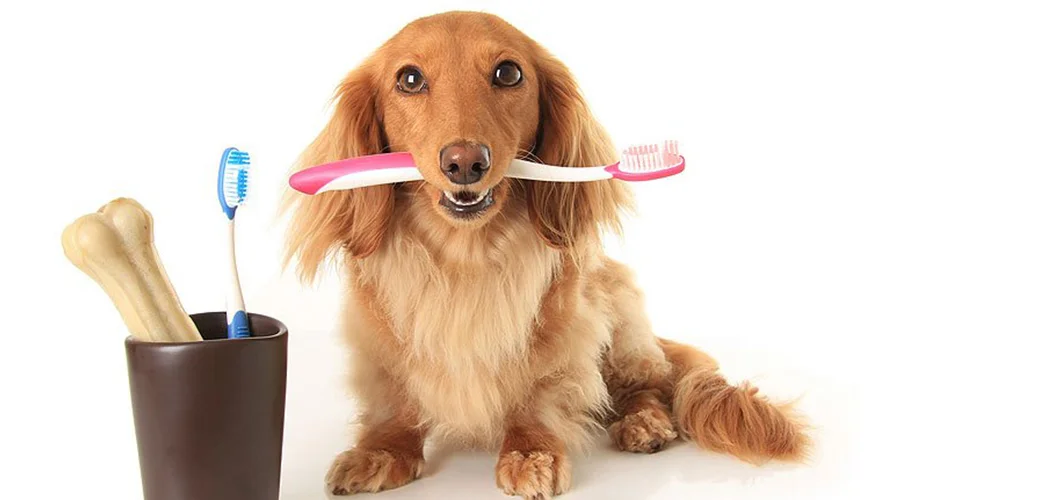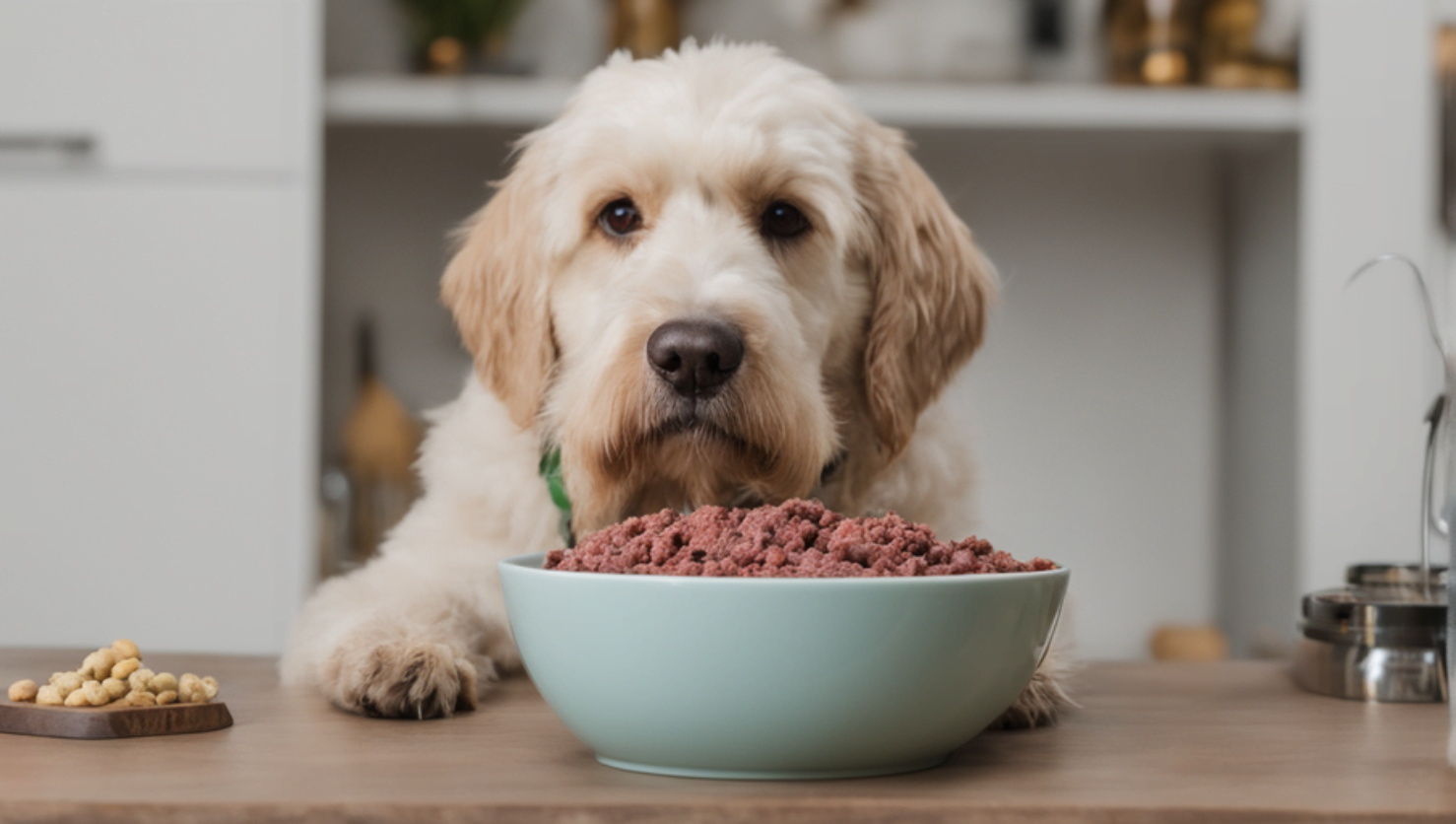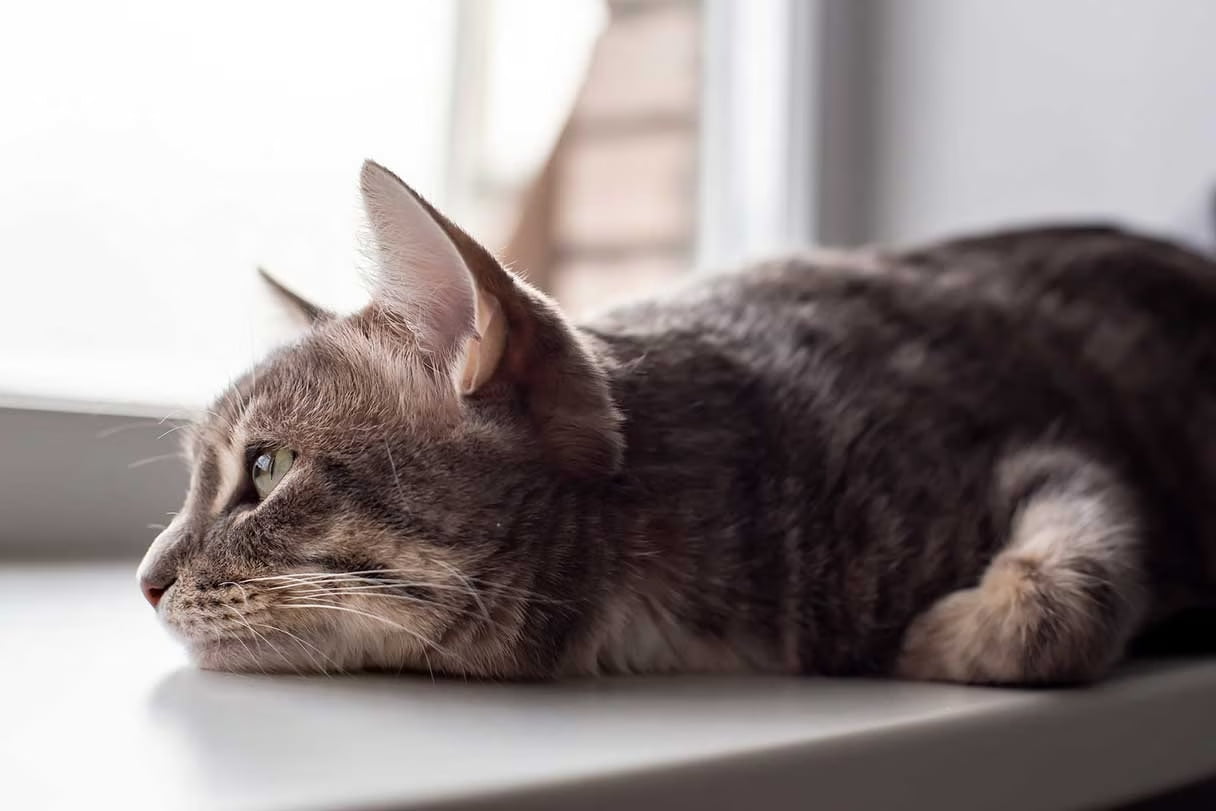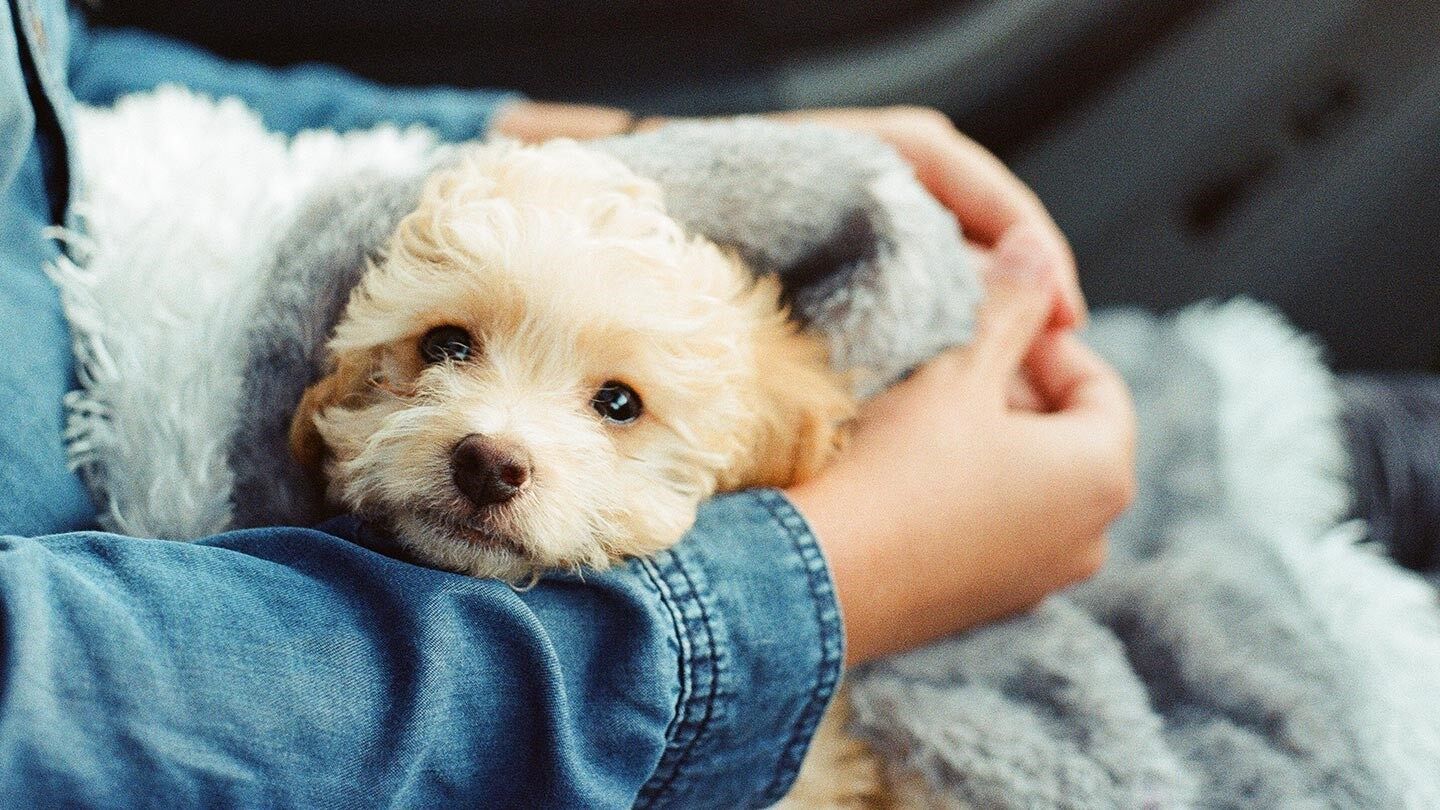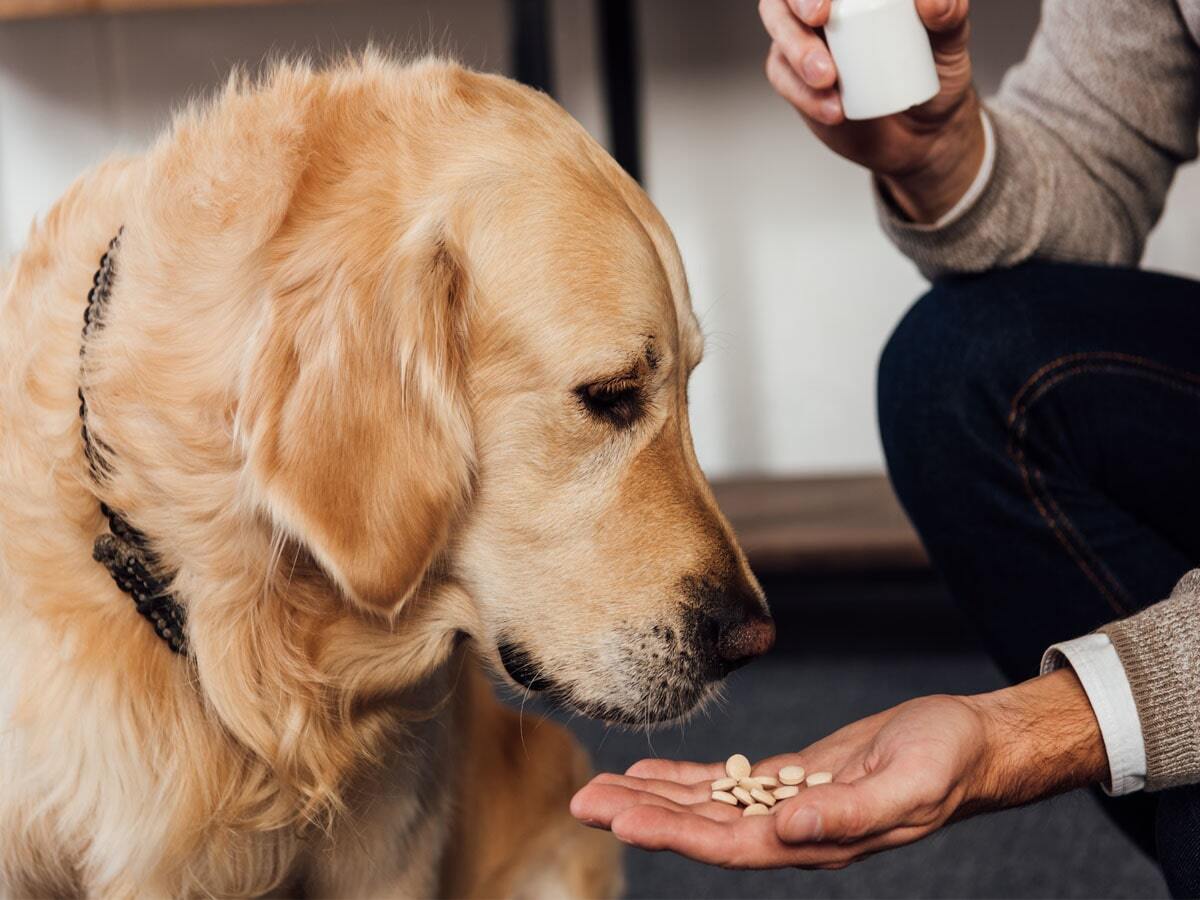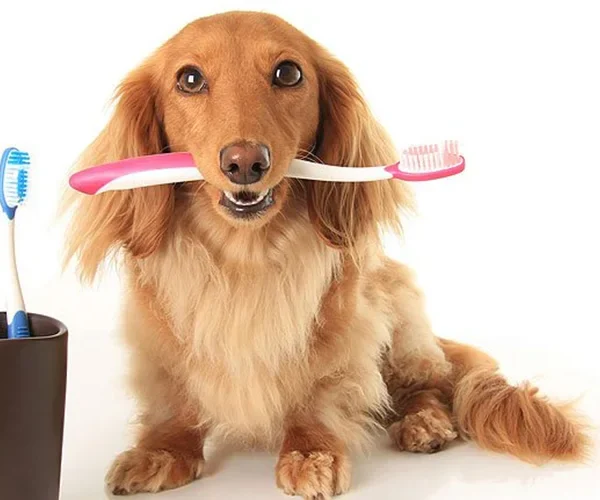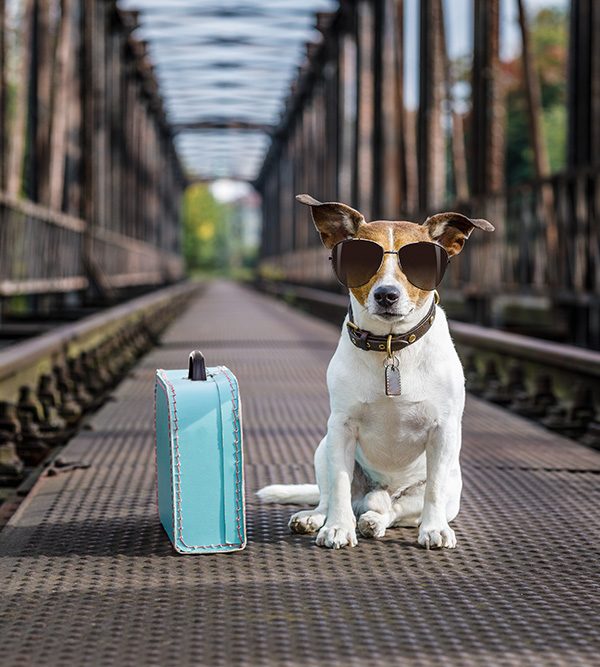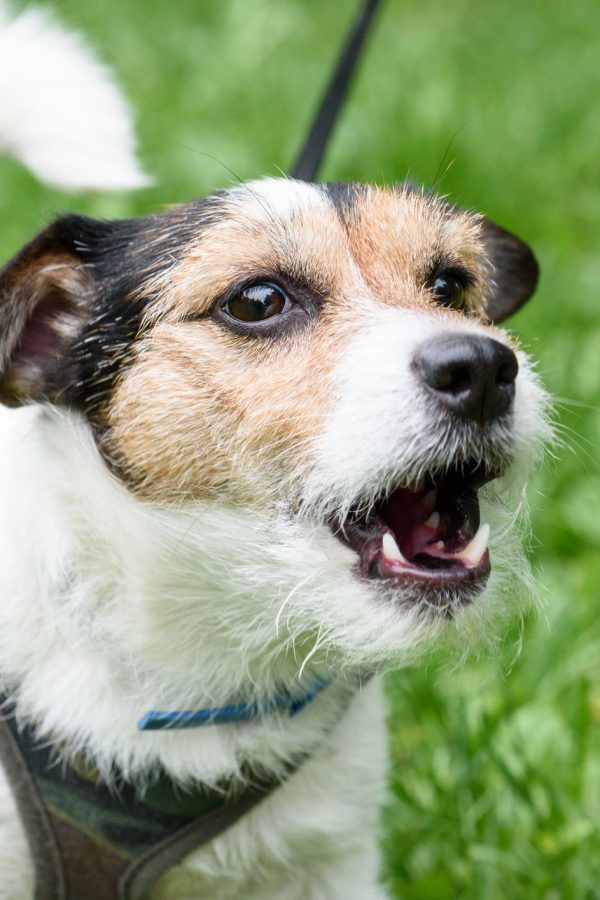Learn valuable tips for dealing with separation anxiety in pets and help your furry friend become calmer and happier when left alone.
Tips for a Calmer and Happier Pet
Separation anxiety is a common issue that many pets experience when they are left alone. It can be distressing for both the pet and the owner, but with the right techniques and strategies, you can help your furry friend overcome separation anxiety and lead a calmer and happier life. In this article, we will discuss some effective tips for dealing with separation anxiety in pets.
Dealing with Separation Anxiety in Pets
Here are some tips for dealing with separation anxiety in pets:
- Make sure your pet gets plenty of exercise. A tired pet is less likely to be anxious. Take your pet for long walks, play fetch, or do other activities that will wear them out.
- Gradual Departures and Arrivals. One of the key strategies for managing separation anxiety is to gradually acclimate your pet to your departures and arrivals. Start by leaving your pet alone for short periods of time, gradually increasing the duration as they become more comfortable. Similarly, when you return home, avoid making a big fuss or giving excessive attention right away. This helps to normalize departures and arrivals, reducing the anxiety associated with them.
- Create a Safe and Comfortable Environment. Ensure that your pet has a safe and comfortable environment to stay in while you are away. Provide them with a cozy bed, toys, and familiar scents such as an unwashed t-shirt or blanket that carries your scent. Consider using pheromone diffusers or calming sprays to create a soothing atmosphere.
- Establish a Routine. Pets thrive on routine, so establishing a consistent daily schedule can help alleviate separation anxiety. Feed your pet at the same time each day, provide regular exercise, and stick to a set routine for departures and arrivals. Predictability and structure can provide a sense of security and stability for your pet.
- Start gradually leaving your pet alone for short periods of time. This will help them to get used to being on their own. Gradually increase the amount of time you’re gone as your pet becomes more comfortable.
- Never punish your pet for being anxious. This will only make the problem worse. Instead, be patient and understanding, and try to help your pet to relax.
- Use Interactive Toys and Puzzles. Interactive toys and puzzles can help keep your pet mentally stimulated and distracted while you are away. These toys can provide a source of entertainment and help alleviate boredom and anxiety. Fill them with treats or food to make them more enticing and engaging for your pet.
- Consider Calming Supplements or Medications. In some cases, pets may benefit from the use of calming supplements or medications to help manage their separation anxiety. Consult with your veterinarian to discuss the options available and determine if this is the right approach for your pet.
- If your pet’s separation anxiety is severe, you may need to seek professional help. If your pet’s separation anxiety is severe or persists despite your efforts, it may be beneficial to seek professional help from a certified animal behaviorist or veterinarian. They can assess your pet’s specific situation and provide tailored strategies and recommendations to address the issue effectively.
Additional tips
Here are some additional tips that may help to reduce separation anxiety in pets:

- Avoid giving your pet too much attention when you come home. This can make them more anxious about being left alone in the future.
- Make sure your pet has a safe and comfortable place to stay when you’re gone. This could be a crate, a spare bedroom, or even just a quiet corner of the house.
- Introduce new things to your pet gradually. This will help them to feel more comfortable in their environment and less likely to become anxious when you’re gone.
With patience and understanding, you can help your pet to overcome separation anxiety. By following these tips, you can give your pet a happier and more relaxed life.
Conclusion
In conclusion, dealing with separation anxiety in pets requires patience, consistency, and understanding. By gradually acclimating your pet to departures and arrivals, establishing a routine, creating a safe environment, practicing desensitization, using interactive toys, considering calming supplements or medications, and seeking professional help when needed, you can help your pet overcome separation anxiety and lead a calmer and happier life. Remember, each pet is unique, so it may take time to find the right combination of techniques that work best for your furry friend.
I hope these tips help!


